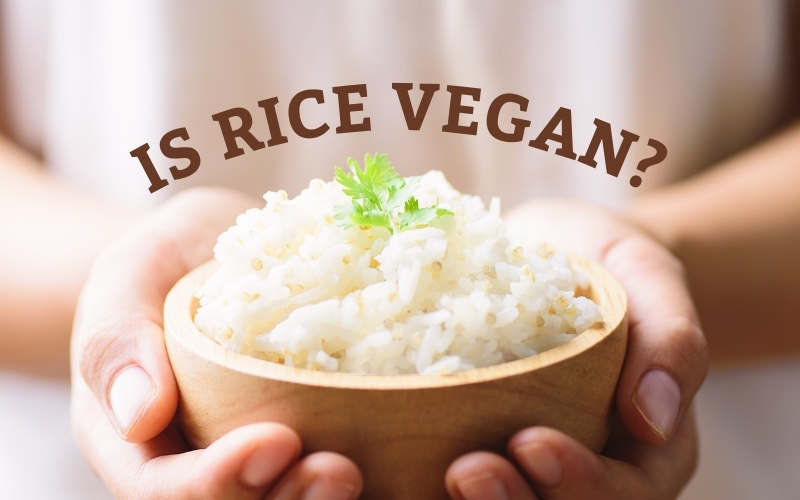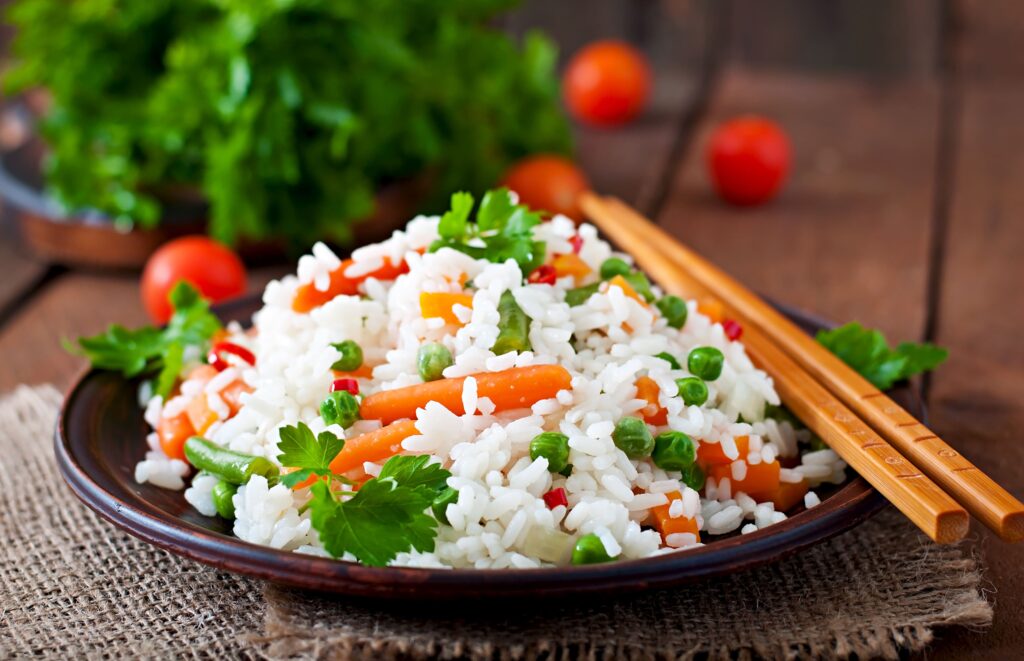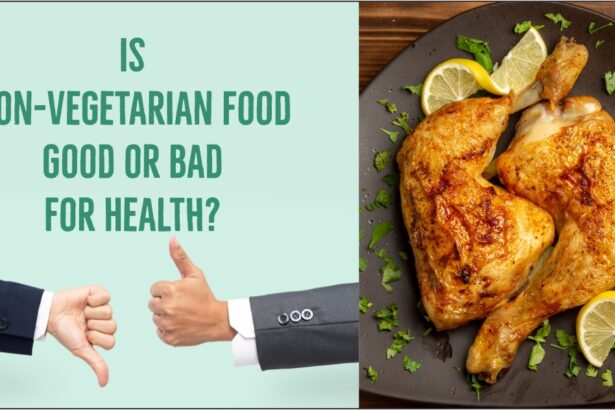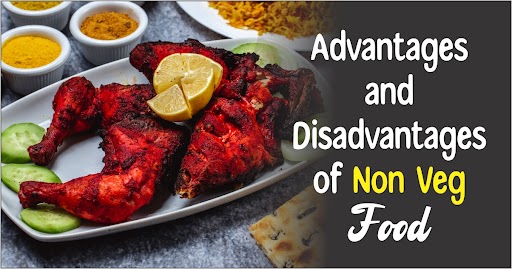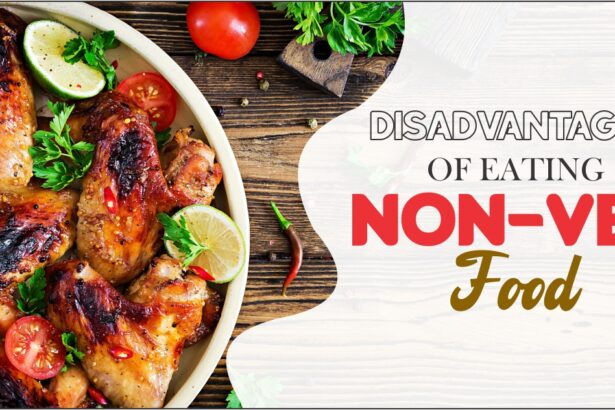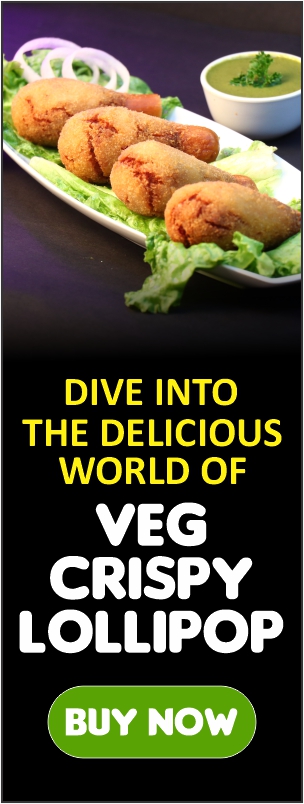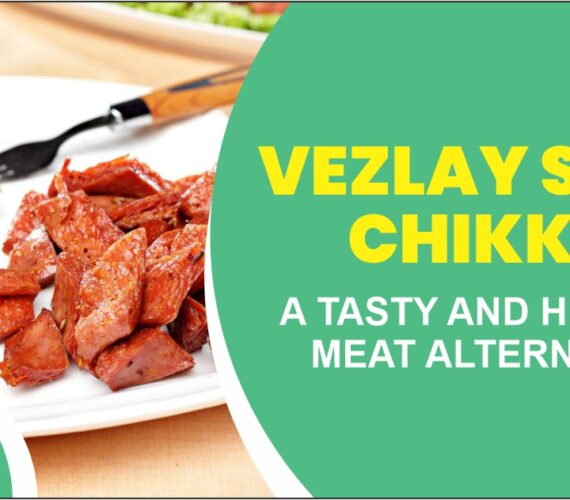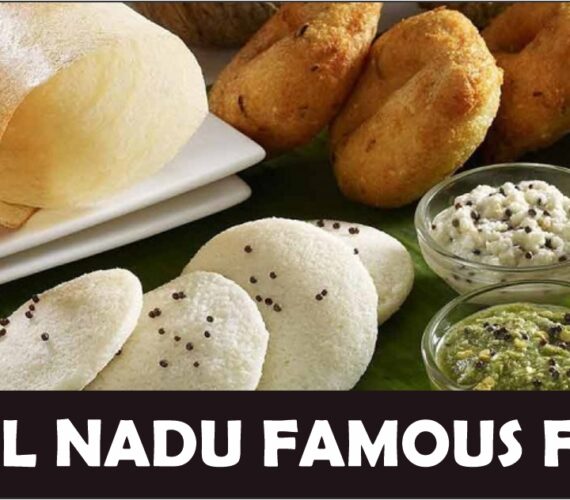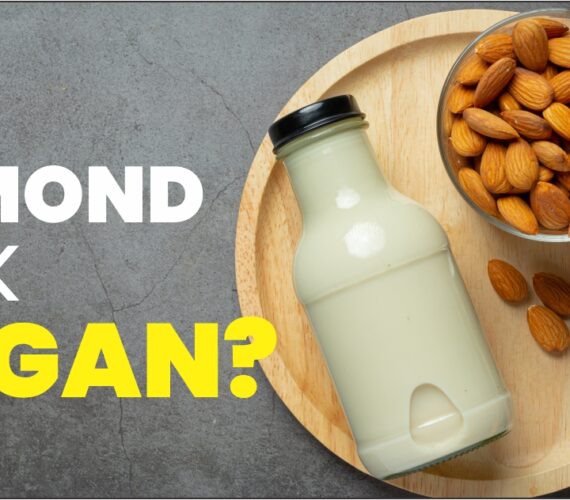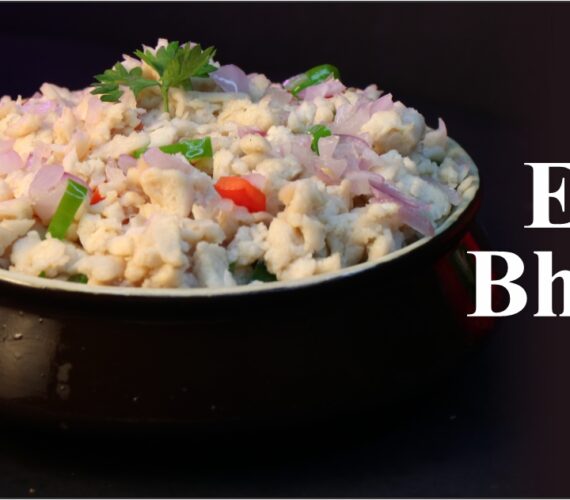Is Non-Vegetarian Food Good or Bad for Health?
Introduction In a world where dietary choices are as diverse as the cultures they come from, the debate surrounding non-vegetarian…
Advantages and Disadvantages of Non Veg Food
When it comes to dietary choices, the decision between vegetarian and non-vegetarian food is a topic of considerable debate. Non-vegetarian,…
Disadvantages of Eating Non-Veg Food: Unveiling the Risks and Health Concerns
Introduction The debate surrounding vegetarianism and non-vegetarianism has been ongoing for decades. While non-vegetarian diets are popular and widely consumed…

